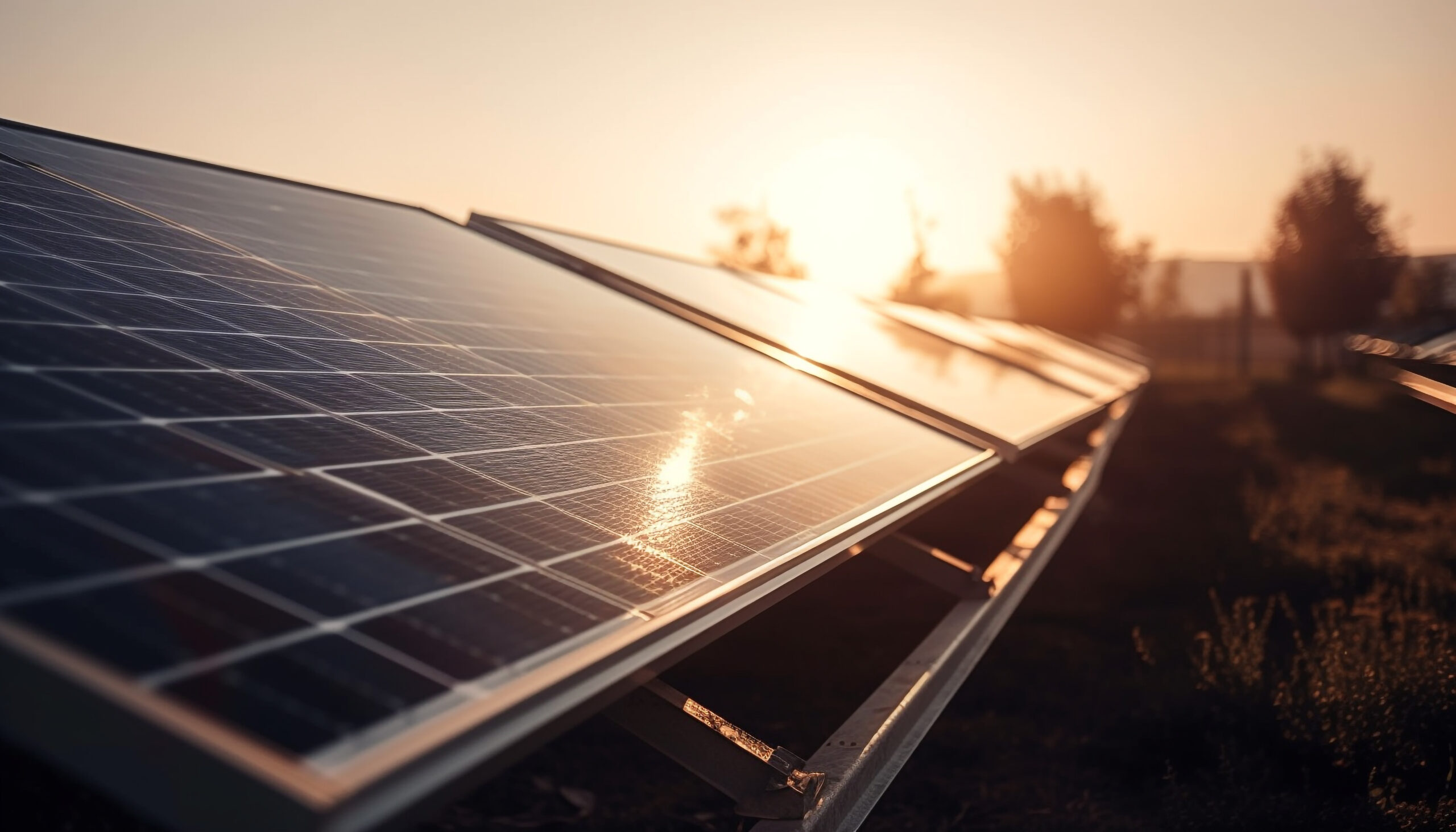Ever wondered how to calculate your electricity usage? Let’s explore these steps to better understand your energy consumption.
Electricity consumption is a crucial aspect of daily life, but understanding it and its impact on bills can be complex. It measures in kilowatt-hours (kWh), determined by considering the power rating of each appliance and its usage duration. Smart meters offer real-time data, accurate billing, and remote access to consumption, enabling informed decisions and the selection of the best energy plan for savings.
To calculate and manage electricity consumption efficiently, it is essential to know the power for each appliance and the time they are used. The total consumption within the billing period is equivalent to the consumption for which your bill is calculated. Choosing the right Endesa plan can help save on your bill, with smart meters providing immediate information on consumption, real readings on the bill, and reliable measurement.
Understanding how you can calculate electricity usage?
Electricity consumption is the amount of energy used by appliances and devices over a specific period, measured in kilowatt-hours (kWh). It reflects the total energy used in daily activities. A 100-watt light bulb running for 10 hours consumes 1 kWh. Your electricity bill is based on this measurement, and the more energy consumed, the higher your bill will be. Understanding and monitoring electricity consumption can help manage and potentially reduce energy costs.
Calculating energy consumption helps lower electricity usage and lower bills. Each device or appliance in your home uses electricity, measured in kilowatt-hours (kWh). Your energy provider charges you for every kWh used per month. Tracking household power usage helps identify factors affecting consumption, identify the most used areas, and ultimately lower energy usage.
How much electricity usage (kWh) does a house consume per day?
After the brief analysing the statistical data, the conclusion was found that the consumption for each of the appliances, the report provides us with the following percentages:
- The fridge or refrigerator electricity usage consumes 30.6%, while freezers account for 6.1%.
- Washing machine electricity usage accounts for 11.8%, while dishwashers account for 6.1% and clothes dryers for 3.3%.
- Ovens consume 8.3%.
- TV and other screens account for 12.2% and computers 7.4%
- The report ends with the consumption of the standby function, which is 10.7%, and other appliances, with 3.5%.

Domestic appliances that consume the most
Leaving aside heating and air conditioning, these are the four domestic appliances that consume the most in your home:
1. The fridge
According to the IDAE report, 99.6% of Spanish households have a fridge. We have seen that it can consume 30.6% of the total energy, because it is an appliance that should always be switched on. It should be taken into account that when the temperature is low, the fridge does not work at full capacity and does not use maximum power. Also, the higher the efficiency labelling, the lower the consumption. According to estimates by the IDAE, a fridge consumes about 655 kWh per year.
2. Television
According to Statista, 98.6% of Spanish households have a TV. It consumes 12.2% of the total. If we watch television for an average of 228 minutes a day, this represents 1,387 hours of television per year. IDAE estimates that a single TV at home would mean an annual consumption of 119 kWh.
3. Washing machine
As seen above, the washing machine represents 11.8% of total electricity consumption in Spanish homes and 92.9% of these have one. Again, the efficiency of the appliance should be taken into account as this will reduce consumption. Washing in cold or using energy savings programmes is another decisive factor. According to IDAE, washing machines consume about 254 kWh per year.
4. Oven
The National Institute of Statistics (INE) points out that 88.3% of Spanish households have an oven. According to IDAE, ovens account for 8.3% of electricity consumption. The type of oven, how responsibly you use it, its energy efficiency label, as well as the number of hours it is kept on will determine the volume of consumption. It is estimated that every time an oven is turned on for an hour, it uses 1.5 kWh of electricity. If you use the oven for two hours a week, it would consume about 150 kWh per year.
Consumption table for domestic appliances
Here is a table showing the estimated annual consumption of the main electrical appliances in your house, with data extracted from the Consumption in the Residential Sector in Spain (2020-2019) report.
| Lighting | 410 kWh per household |
| Fridge | 655 kWh per unit |
| Washing machine | 254 kWh per unit |
| Dishwasher | 245 kWh per unit |
| Television | 119 kWh per unit |
| Computer | 145 kWh per unit |
| Standby | 209 kWh per household |
How to Calculate Electricity Usage?
- Understanding your Electricity Bill: Understanding electricity consumption, usage periods, and utility provider rates is crucial for understanding your bill, including peak and off-peak rates.
- Identify Your Appliances: Note all electrical appliances in your home, including lights, electronics, appliances, and heating and cooling systems.
- Determine Appliance Wattage: Check the wattage rating on the appliance’s label or energy efficiency guide. If not available, you can often find this information online.
- Calculate Hourly Consumption: The formula for hourly consumption (kWh) is: Wattage (W) / 1000 * Hours of use per day, where 0.5 kWh is the daily consumption of a 100-watt light bulb.
- Daily Consumption: Add the hourly consumption of all your appliances to determine your total daily consumption.
- Calculate Monthly Consumption: Multiply your daily consumption by the number of days in the month to get your monthly consumption in kWh.
- Compare to Your Bill: Compare your calculated consumption to the usage listed on your electricity bill. If there’s a significant difference, you may need to re-evaluate your calculations or consider factors like energy theft.
Why Does Electric Energy Consumption Matter?
Electric energy consumption is a critical aspect of our modern lives. It powers our homes, businesses, and transportation systems. However, excessive electricity usage has significant implications for both our environment and our wallets.
- Environmental Impact: Electricity generation from fossil fuels releases greenhouse gases like CO2 and methane, contributing to global warming and climate change. This results in rising sea levels, extreme weather events, and biodiversity loss. Burning fossil fuels also releases harmful air pollutants, causing respiratory problems, acid rain, and smog.
- Financial Costs: Higher electricity consumption leads to increased utility bills, straining household budgets and making it difficult to manage other expenses. It also carries an economic burden, as industries and businesses heavily reliant on electricity may face higher operating costs, reduced competitiveness, and job losses.
- Energy Security: Countries heavily reliant on fossil fuels for electricity generation are vulnerable to global energy market fluctuations and political instability, and overreliance can lead to resource depletion, making future energy demands difficult to meet.
Contact Us!
Installing solar panels is an investment in both your home and a sustainable future. Choosing a solar panel installation service from solarsense ensures longer panel life through regular checkups and maintenance.
- Phone: +91-8130025257
- Email: info@solarsense.in
- Solar Sense
- 13 Main GT Road, Azadpur, Delhi-110033




